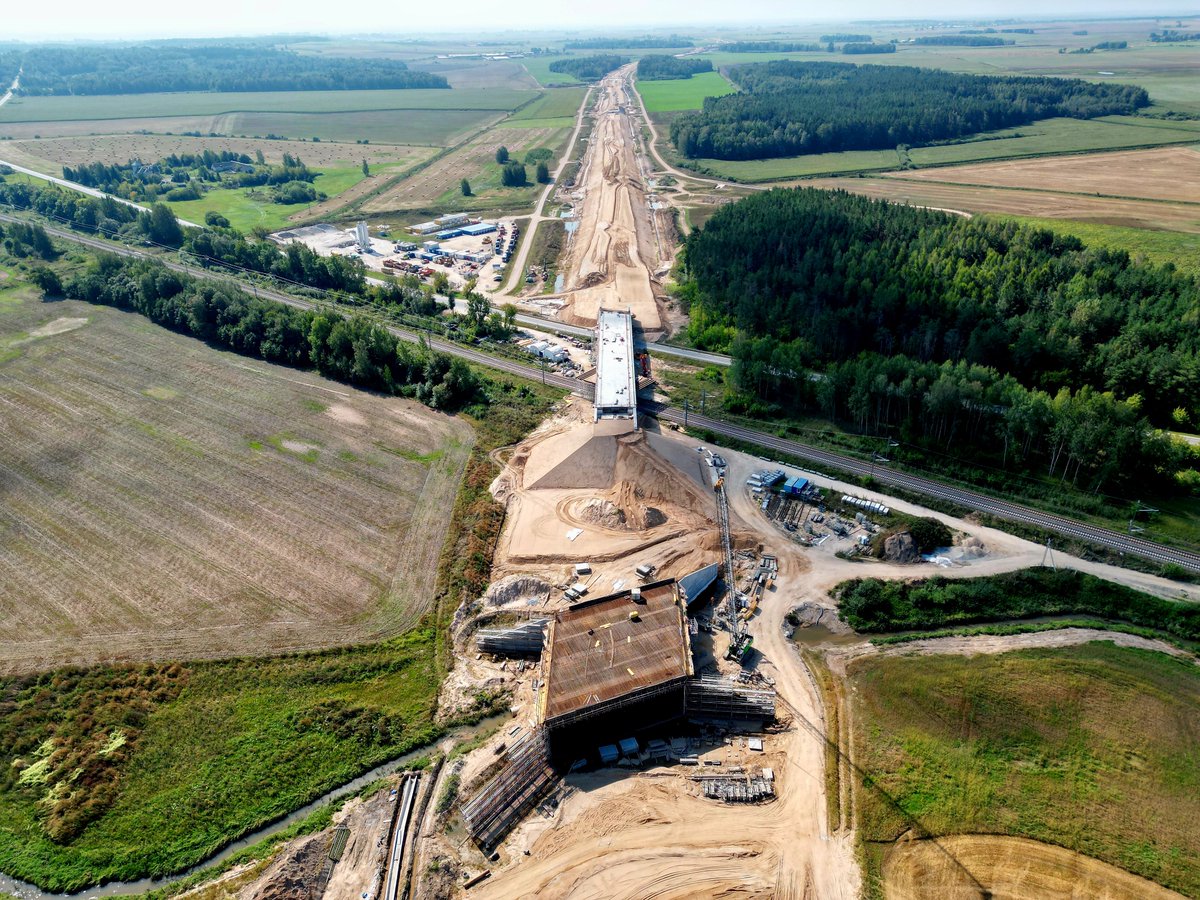Even though Rail Baltica began as a project with an aim to improve passenger and cargo mobility, due to Russia’s full-scale invasion of Ukraine it is now transformed into essential strengthening of military mobility becoming a strategic imperative, reported BBC.
While visiting all three of the Baltic countries with public transportation, BBC’s presenter Lisa Louis discussed different aspects of Rail Baltica, including financial challenges as well as benefits and geopolitical meaning. Now it is all available on BBC’s podcast “Rail Baltica – Building a geopolitical railway”.
“For countries that shortly after their independence from Russia joined the European Union and NATO Rail Baltica is not just an infrastructure project, it is a symbol of where they belong,” says presenter Lisa Louis.

BBC reported that until now, the Baltics have used a Russian track because of the rail system dating back to the Soviet era. The new network will use the European railway track width and connect seamlessly with railways all across the EU, without causing passengers to change trains to the European system when they get to the Polish border. “Rail Baltica will increase military mobility and allow trains to go directly from the Netherlands to Tallinn,” Cmdr Peter Nielsen, from Nato’s Force Integration Unit, said. In the survey carried out by Rail Baltica, which was conducted in cooperation with the research agency “Norstat”, 46% of respondents agree that the implementation of the Rail Baltica project will promote Latvia’s security and improve military mobility in the regions.
The Podcast discusses project phases and importance from the perspective of all the Baltic States as well as contribution of economic and environmental factors. Fredis Bikovs, Head of the Riga Investment and Tourism Agency, expressed his opinion on the benefits that this project will bring to Riga, including grater talent mobility within the Baltic region, where the main beneficiaries will be companies in Riga. It is predicted that Rail Baltica will also increase investment in real estate and other sectors.
The financial side of the project is also discussed. Chief Technical Officer and Management Board member at RB Rail AS Emilien Dang explains that the situation in Ukraine as well as the COVID-19 pandemic and high inflation has dramatically increased the cost of material.
Recent analysis for Rail Baltica estimates the overall economic boost at €6.6bn. As Adam Cohen of the University of California at Berkeley said on the podcast, “The vast majority of studies on existing high-speed rail systems show a positive economic impact.”
The full version of the podcast is available here.
